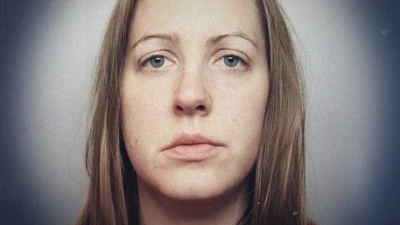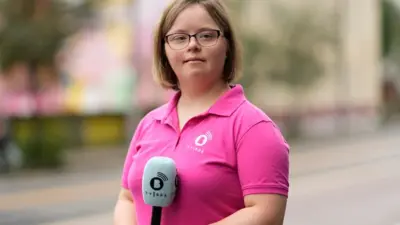We've updated our Privacy and Cookies Policy
We've made some important changes to our Privacy and Cookies Policy and we want you to know what this means for you and your data.
Civet passes on secret to luxury coffee
- Author, Kate McGeown
- Role, ¬ιΕΙΙΌΆχ Ή“≥»κΩΎ News, Batangas, the Philippines
One of the world's most exclusive types of coffee comes from the hills and mountains of South East Asia.
But this coffee is definitely not to everyone's taste - it is made from beans which have been eaten and then excreted by small cat-like animals called civets.
Even if you can stomach the fact that this coffee comes from faeces, you still have to stomach the cost - bags of coffee beans can fetch up to $800 (¬Θ500) per kilogramme in Japan or the US, and coffee shops in New York sell just one cup for about $50.
But Vie and Basil Reyes believe it is a price worth paying.
They have been running their coffee business for more than six years, and they still believe there is something special about beans that have passed through a civet.
"Even if I've drunk lots of other types of coffee, then at the end of the day I drink a cup of civet coffee, I can immediately taste the difference," said Vie. "It looks different, it smells different, and most importantly it tastes different."
Coffee connoisseurs usually give two reasons for civet coffee's unique taste - the fact that the civets self-select the juiciest coffee cherries, which in turn give the best beans, and the fact that - once inside the civet - these beans are fermented by enzymes in the stomach.
After being thoroughly washed and roasted, the end product lacks the bitterness of some ordinary coffees and has a soft, chocolaty flavour.
Labour-intensive
The Reyes got the idea for their business, CafΟ© Alamid - alamid is the local name for civet - after discovering that there was already a growing industry in Indonesia.
But when they spoke to people living in the Philippines' coffee-growing areas, they found that the locals were already well aware of the benefits of civet coffee - in fact they'd been drinking it for centuries. They just didn't know there was a market for it.
"They considered it as a lower grade coffee. They thought the bad coffee was on the ground, the premium coffee was on the tree," explained Mr Reyes.
"Since they couldn't sell it, that's what they drank - they already knew it tasted better than regular coffee."
The couple now pay groups of villagers in six different areas of the Philippines to collect civet droppings.
At $20/kg, collecting civet poo is a good if unusual source of income for people living in areas where there are often few other options for employment.
It is a good source of employment for the Reyes too. Roasted beans can sell for several hundred dollars a kilo, depending on their quality.
Other companies have also started sourcing civet droppings, and some even capture and cage civets to make the process less labour-intensive.
In Indonesia, where the civet coffee industry is more established, there are now many of these small-scale civet farms.
But some coffee connoisseurs doubt whether droppings from caged civets have the same quality as those from wild civets.
"It the civet is in a cage, it eats whatever it's fed - it doesn't select the best beans the way it would do in the wild," said Peter Slack, from the Specialty Coffee Association of Indonesia.
Then, of course, there are farmers who try to pass off ordinary coffee beans as beans which have been eaten by the civet.
"With the prices people are paying in some places, of course there will be fakes," said Mr Slack.
Meanwhile, year by year, demand increases. Most customers are in Asia - especially Japan, Taiwan and South Korea - although high-end restaurants and gourmet stores in the US and Europe are becoming interested too.
In her home-cum-production factory in the outskirts of Manila, Vie Reyes is baffled at how much shops and restaurants in some parts of the world can charge for civet coffee.
"There was someone who approached me here, and he wanted to become a distributor for the UK. He said that civet coffee in the UK sells for about ¬Θ40 a cup," she said.
"I told him that's incredible."
Top Stories
More to explore
Most read
Content is not available








